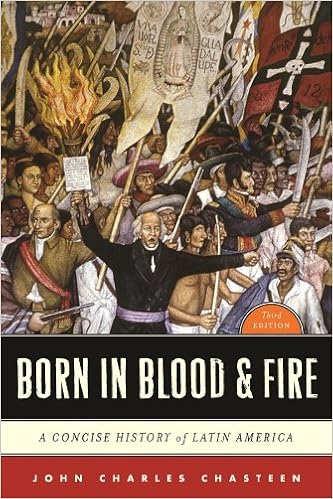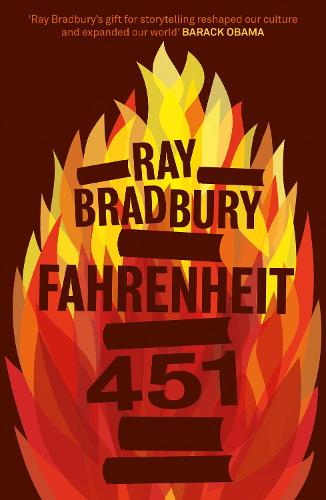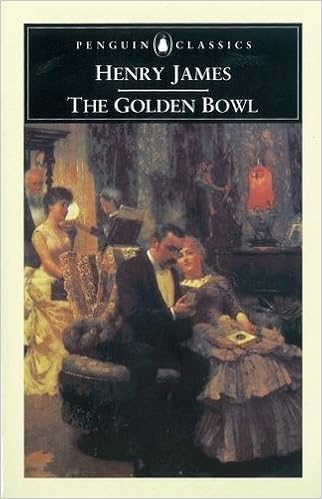Lately my consumption of science fiction has been focused on Isaac Asimov. More specifically, I've been reading his Foundation series of novels, having already completed his Robot novels. Asimov wrote seven novels about the Foundation, an organization created to shorten the anarchy following the collapse of the galactic empire and steer everyone to a prosperous unified future. This is supposed to be possible through the use of "psychohistory". This refers to a terribly named new field of math which allows for statistically accurate predictions of the future. A fundamental tenant of psychohistory is that it only works on large groups of people and is useless at providing information on the course of an individual's life, which is far too random for a meaningful prediction. I like the early books in the series fine, but I found the other tedious at times.

I find psychohistory fairly ridiculous, but that's fine. Many great sci-fi works have an implausible technology as their premise. My biggest issue is that Asimov spends a truly ridiculous amount of time having the characters pontificate about this and other aspects of his made up world. This gets worse as you get deeper into the story.
Foundation, the first book, is 296 pages long, while the fifth,
Foundation and Earth, is 528 pages long. I'd say they'd be about the same length if
Foundation and Earth lost all but one instance of the many, many times the main characters have the exact same pointless conversation only using different analogies.
Maybe Asimov thought the parts of his books I found boring and unnecessary were essential or maybe he was trying to reach a page count. Personally, I think his ego just got massive to the point he couldn't conceive of readers not being interested in endless rambling about his ideas. Asimov was an extremely accomplished writer, and he'd be the very first to tell you that. You can't read the forward of any of his books without learning just how massive his contributions to science fiction were. I don't think it's inaccurate, it just seemed to be something he needed people to know and that same egotism could have impacted his writing.
I you are going to read these books, I would strongly urge you to ignore Asimov's suggested reading order. The last two books published in the series (
Prelude to Foundation and
Forward the Foundation) are prequels and he suggested reading those first to read everything in chronological order. I think that's a terrible idea. Asimov's books seem to universally have a twist or surprise reveal at the end. Reading it in that order would spoil a lot of what's in the books that were published earlier. I think you should just read them in the order of publication.













